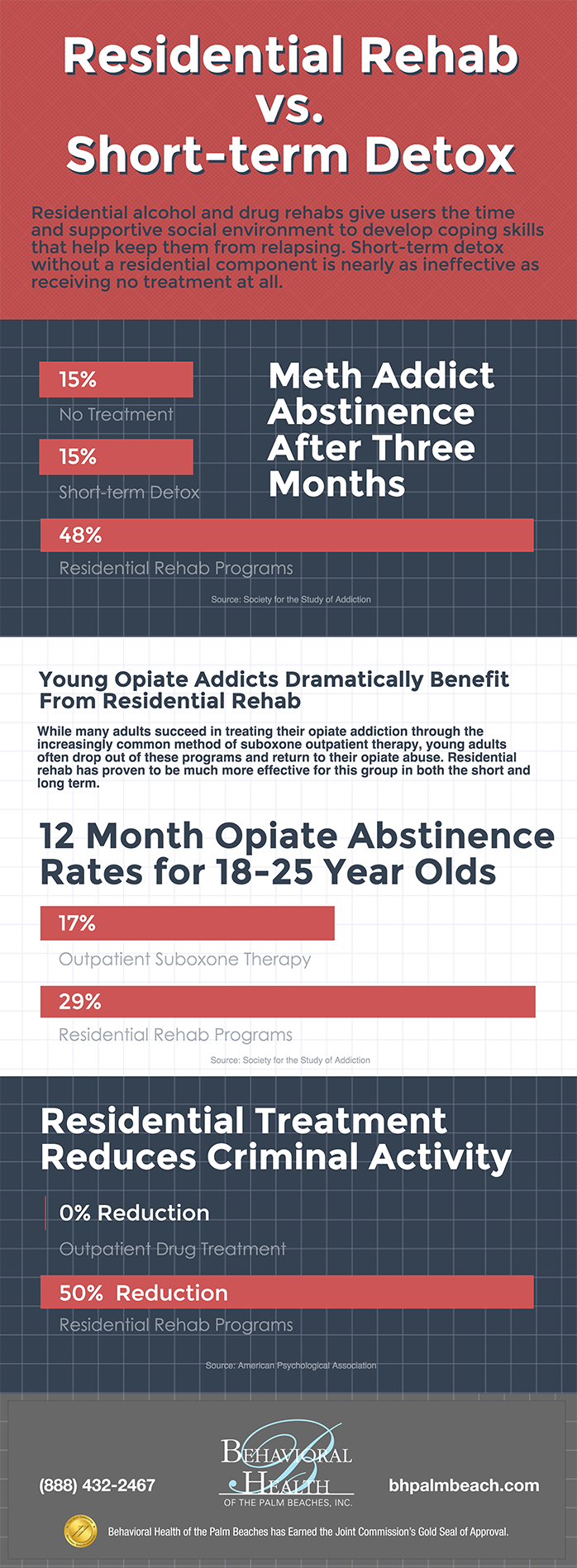Discover The Value Of Post-Treatment Treatment In Substance Abuse Rehab For Sustained Recuperation. Explore How Encouraging Networks Can Assist In Maintaining Soberness And Developing A Meaningful Presence
Discover The Value Of Post-Treatment Treatment In Substance Abuse Rehab For Sustained Recuperation. Explore How Encouraging Networks Can Assist In Maintaining Soberness And Developing A Meaningful Presence
Blog Article
Material Author-McDermott Butcher
You can not do it alone. Recovery from drug addiction calls for a solid support group.
The importance of aftercare in drug rehabilitation can not be overstated. In this short article, we will certainly discover the function of therapy, the advantages of treatment, and the structure given by peer support groups in keeping soberness.
So, get hold of a cup of coffee, unwind, and let us lead you via the vital steps of post-rehabilitation assistance.
The Function of Therapy in Aftercare
If you intend to maintain your soberness after leaving rehab, it's essential that you continue joining counseling sessions as part of your aftercare plan.
Therapy plays an important role in your healing trip by giving recurring support, support, and a secure space to express your feelings and issues.
Via counseling, you can address any type of underlying problems that may have contributed to your addiction, create coping approaches, and learn healthier methods to manage stress and anxiety and yearnings.
It enables you to work through any type of unsettled emotions and create a better understanding of yourself and your triggers.
The Benefits of Treatment in Preserving Sobriety
To maintain your sobriety, therapy can offer many advantages.
- Treatment supplies a safe room for you to check out and deal with the underlying concerns that might have added to your dependency.
- It permits you to work through your emotions and develop healthier means of taking care of stress and anxiety and sets off.
- Through therapy, you can acquire a better understanding of on your own and your patterns of actions, which can assist you make positive changes in your life.
- Furthermore, treatment provides you with a support system of experts who are educated to lead and help you on your journey to recovery.
- They can use important understandings, tools, and techniques to aid you browse the challenges that may develop.
- In treatment, you can find out to create healthy and balanced coping skills, develop resilience, and enhance your overall well-being.
Peer Support Groups: A Foundation for Lasting Recuperation
You can find lasting recuperation by actively joining peer support groups and connecting with others that share comparable experiences and goals.
see it here provide a risk-free and non-judgmental room where individuals in recovery can collaborate to share their battles, successes, and understandings. By proactively joining these groups, you can obtain the assistance and encouragement you need to remain on the course of healing.
Connecting with others that've gone through similar experiences can be extremely encouraging, as it helps you understand that you aren't alone in your trip. visit the following web site permits you to gain from others who've successfully gotten rid of similar obstacles. With each other, you can commemorate turning points, hold each other responsible, and offer guidance and guidance.
Through these links, you can develop a strong support system that will help you navigate the ups and downs of recovery and inevitably find lasting recovery and makeover.
Final thought
You've learned about the important duty of aftercare in drug rehab. Therapy, treatment, and peer support system contribute to lasting recuperation. Here's https://blogfreely.net/penny2pablo/7-warning-signs-that-you-might-need-drug-rehab to realize the size of the concern: researches reveal that individuals who get aftercare therapy are 50% most likely to preserve soberness contrasted to those that do not.
So, think of the transformative power of these support systems in aiding people reclaim their lives and construct a brighter, drug-free future.
